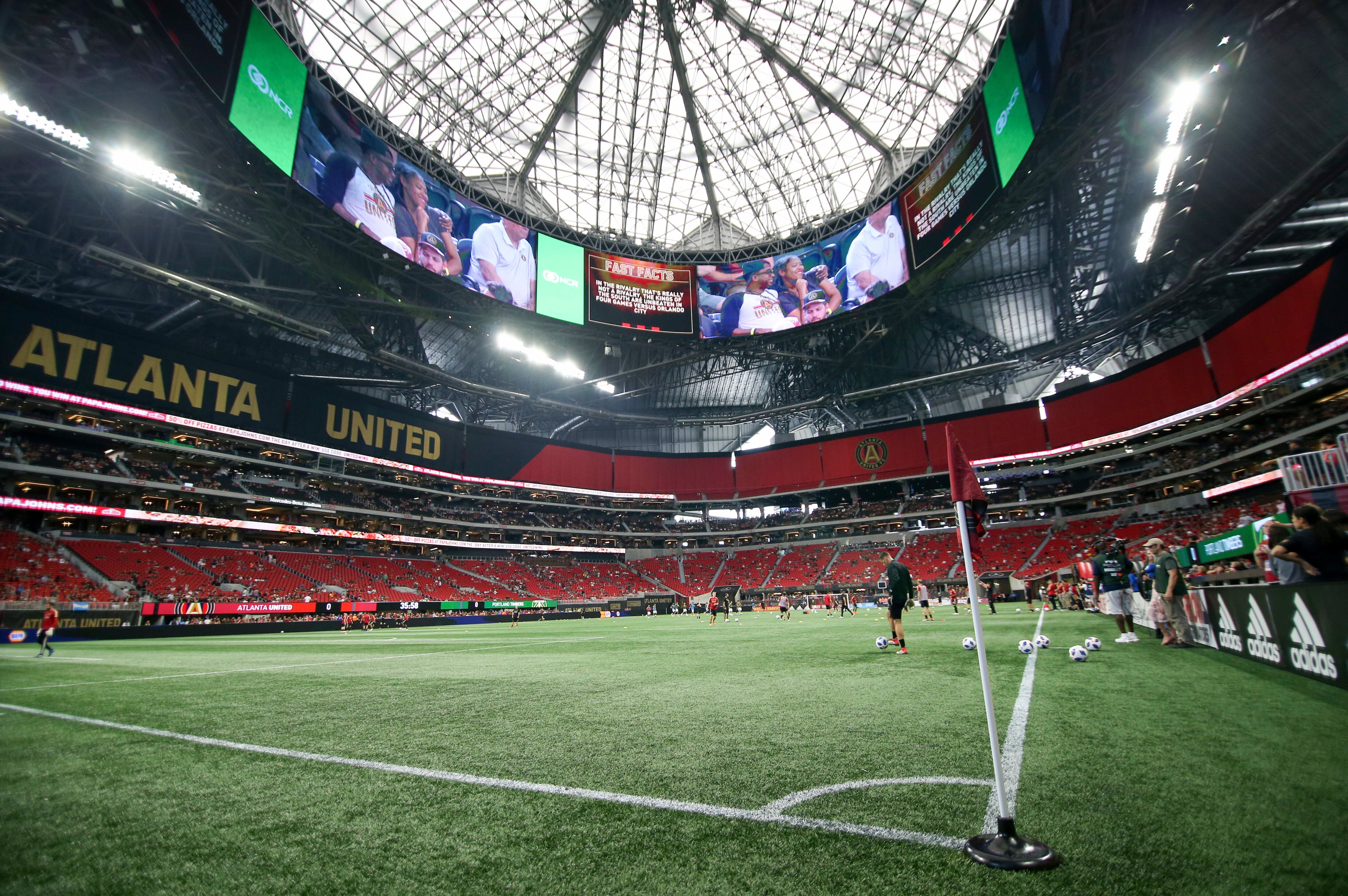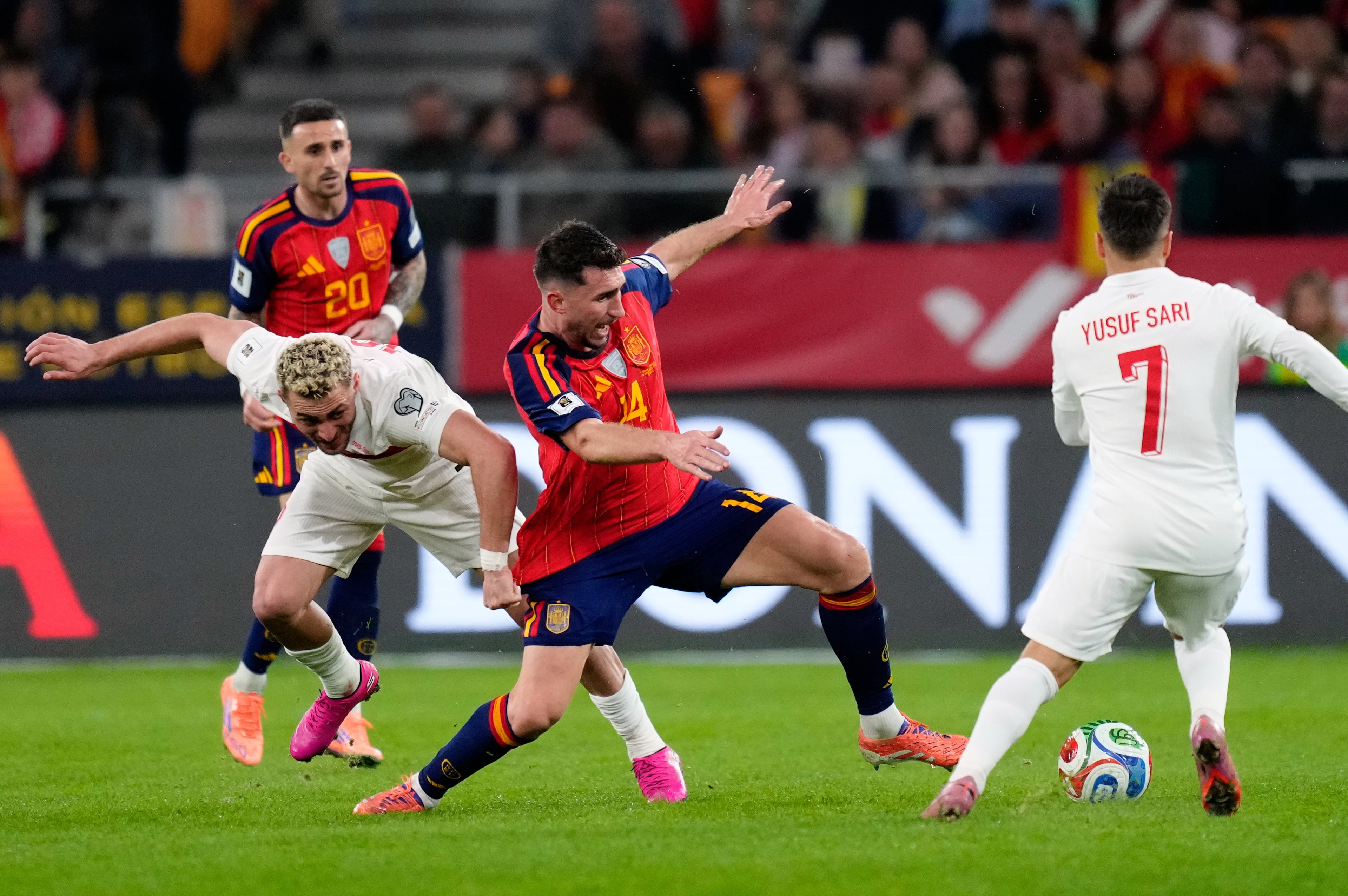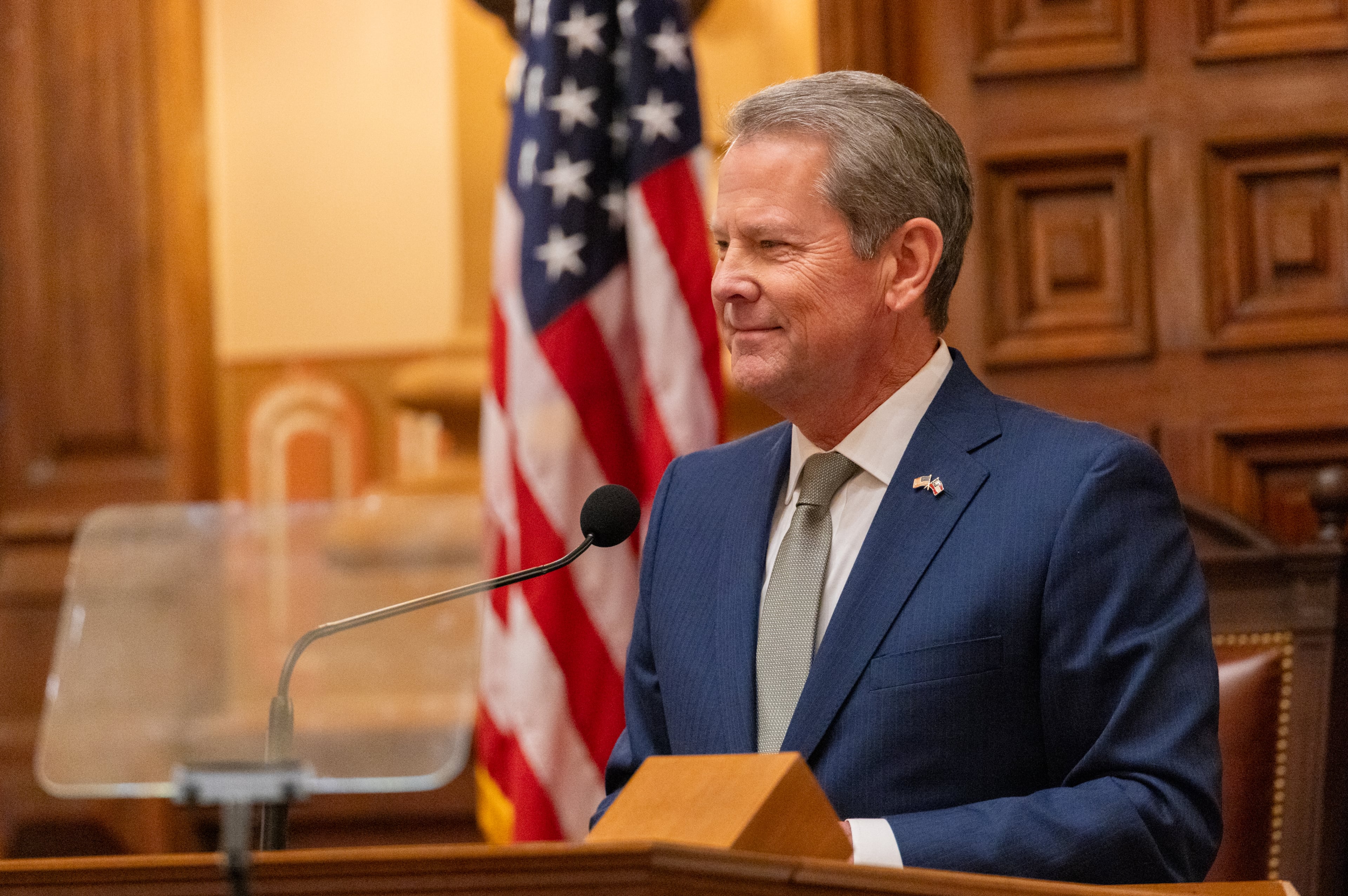Atlanta pleased with Club World Cup results ahead of World Cup

Atlanta is ready for next year’s World Cup, based upon its success in hosting Club World Cup matches, local officials said Thursday.
The city and Mercedes-Benz Stadium hosted six matches, and they included club teams from Mexico, Portugal, France, the U.S., United Arab Emirates and Germany.
The total attendance for the six matches was 258,265, topped by the 66,937 in the city’s final quarterfinal between Bayern Munich and Paris Saint-Germain.
“FIFA worked directly with Mercedes-Benz Stadium, the airport and the city, and I think for a first-year event, it couldn’t have gone any better,” Atlanta Sports Council President Dan Corso said.
Atlanta and the stadium are scheduled to host eight matches in next year’s World Cup, including a semifinal. The matches are scheduled to be played June 15, June 18, June 21, June 24 and June 27 in the group stage. The knockout round match is scheduled to be July 1, a Round of 16 match July 7 and semifinal is scheduled for July 15.
There are going to be differences between next year’s World Cup and the Club World Cup, which will wrap up Sunday in New Jersey.
FIFA will have ownership in every part of everything for the World Cup, from selecting the signs around the city to straws in the stadium. The Club World Cup was more of a rental, with the exception of the grass put in for the stadium.
Because the stadium and the city have hosted so many important sports events, the biggest question for the Club World Cup — and, therefore, next year’s World Cup — was going to be how the grass would hold up over three weeks.
It held up well. There was one pre-match complaint about one of the corners but no post-match complaints. The combination of turf research, new sub-flooring, grow lights and water resulted in the field staying green and playable. There were no visible seams, no tufts that came up when players slid and no random dead spots.
Next year’s installation, which will start as soon as the Falcons’ season ends, will be much more intensive.
“So this was pretty much a dress rehearsal,” said Dietmar Exler, vice president of Mercedes-Benz Stadium.Another focus was security. Exler said there were no issues and credited the pretournament research trips that stadium security, along with members of the Atlanta Police Department, took to matches in Germany and England to gather intelligence.
Flares were confiscated before they could be brought into the stadium. Only two people tried to get over the walls that surrounded the stadium and get onto the field. Neither was successful. APD used mounted officers for the final semifinal to keep people around the stadium safe.
“That’s going to be a bigger topic next year,” he said. “So I feel we are well on the way there.”
A benefit of hosting both tournaments is that the same people from FIFA, the city and its agencies and the stadium who worked together for the Club World Cup will work together for the World Cup. Atlanta is one of five cities that will have both.
“Working with them, getting on the same page, was a big topic,” Exler said.
One of the biggest compliments the stadium received was that it handled the team’s various wants and needs well. The same was true of the visiting communications teams and journalists. The wireless worked. The electronics and other equipment worked. The directional signage was easy to follow.
“Certainly it helped our ego to hear the great feedback about the stadium and about the setup in Atlanta and everything from the visiting teams,” Exler said.
Oh, and the stadium has the retractable roof, which wasn’t used, and air-conditioning, which was. The 72,000-seat arena wasn’t affected by the heat that led to numerous complaints at other sites or the storms that delayed at least five matches during the tournament.
“I think that goes a long way in looking ahead to next year and, I think, provides people confidence in Atlanta a year from now,” Corso said.
Another strength that will apply to next year is the number of people who volunteered. Corso said that more than 800 people volunteered to help during the six matches. The total was well-received by FIFA, Corso said.
“No matter what sporting event it is held here in Atlanta, when we have a call to action for volunteerism, Atlantans and Georgians come out,” he said.
Corso said there hasn’t yet been a meeting between Atlanta officials and FIFA officials to review its matches.
Exler said an area of improvement for the World Cup will be the accreditation process for all people working inside the stadium. FIFA wanted photos and background checks for everyone. The stadium was used to receiving a number of people, issuing the credentials, and then that number of people showing up.
Corso said he wasn’t concerned about the low attendance for the first two matches, which had 3 p.m. start times on a Monday and Thursday. The first two matches had a combined announced attendance of 53,920. Corso said the World Cup likely will have much larger attendances for most matches. It’s difficult to predict until the draw is held in December.
“We are on the road to World Cup next year,” Corso said. “This was just another opportunity for the city and the stadium and the Georgia World Congress Center and our hospitality community to shine and show that we are the premier destination for large and international sporting events.”



